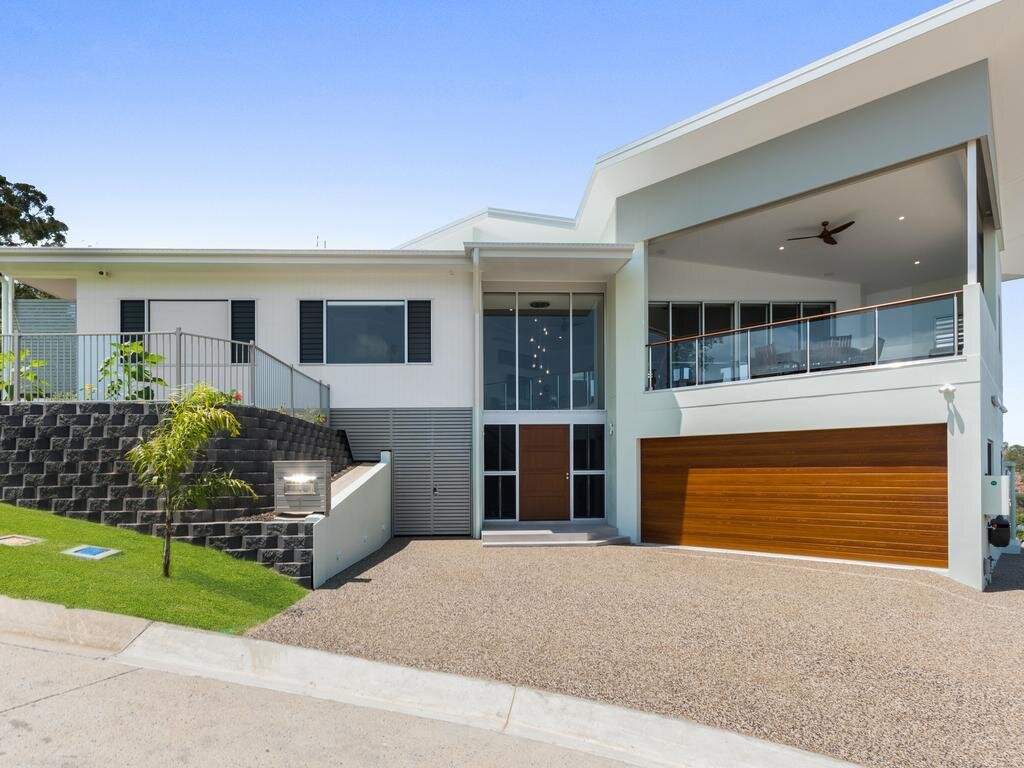Save you money?
While a buyer's agent has the potential to save you money, there's no guarantee they will – or even can – save you money. A buyer's agent securing a better deal on the purchase price ultimately comes down to how flexible the price is, and the agent's ability to negotiate. The price is generally malleable, says Cate Bakos, a Melbourne-based buyer's agent, although it depends on the vendor's situation, such as whether they're exposed to a time or condition restraint (for example, they're buying and selling at the same time and don't have time to run a long sales campaign to ramp up interest).
That said, property sales are not immune to the simple economic theory of supply and demand. Vince Mangioni is an associate professor in property economics and development at the University of Technology, Sydney. "Sometimes, in a seller's market you've just got to go out and buy it," he says. Mangioni believes a large part of the value offered by a buyer's agent is helping you understand what the property is worth so that you don't miss out.
A buyer's agent has the potential to save you money, but there's no guarantee they will – or even can save you money.
For private sales where negotiation is involved, an agent's ability to ask the right questions coupled with their knowledge of the property's market value is what's likely to help the agent secure a better deal than you might yourself. Every vendor will have an idea of price, but they're willing to be challenged if there's a good argument for it, says Bakos. A buyer's agent experienced in negotiations and armed with the right valuation data should be able to challenge the vendor's price expectations.
A number of buyers we spoke with believed that using a buyer's agent did save them money on the purchase price. One couple, despite being skeptical at the outset, used an agent to purchase their first home for just under $1.4 million. Perhaps a little desperate from having searched for 10 months, they were planning to offer $20,000 more than what they ending up paying. It was the agent who advised them to offer less, and then managed to secure the property for that price.
It's a useful anecdote for buyers who may find it hard to work out the true value of a property or how to negotiate a property purchase at the right price. Such a tale doesn't necessarily mean a buyer's advocate can always knock tens of thousands of dollars off the asking price, though. "The important thing is getting the right property at the right price, not necessarily getting a 'bargain'," says Rich Harvey, president of the Real Estate Buyers Agents Association of Australia (REBAA), the national industry body for buyer's agents.
Find off-market properties?
Off-market properties – those that aren't going to be advertised online – can be an attractive option for a buyer. That's because a buyer will usually get a better outcome than in a competitive auction setting, says Bakos. "A vendor wouldn't usually choose to sell off-market unless they didn't have time and needed a swift sale," she says.
Access to these off-market properties is often a selling point used by buyer's agents, but it's probably not worth signing up on this basis. A first home buyer we spoke to (who funnily enough did end up buying an off-market property) said there were very few off-market properties offered up by his agent – the properties were generally the same as those found in online searches. "Off-market doesn't really exist," he said.
It's difficult to provide clear figures on off-market opportunities, according to Harvey from REBAA, because the way agents measure such metrics varies. However, he does say that at higher price points a higher percentage of properties will be sold off-market, while for properties in the $500,000 to $1.5m range the majority will be on-market. It's certainly worth asking what percentage of an agent's purchases are off-market, as well as what their relationships with local selling agents are like.
Save time
A buyer's agent can offer you significant value in terms of time saved in house hunting – particularly if you're relocating interstate or you're an investor. However, for those on lower budgets, or who don't mind spending the time looking for houses, this may be less of a drawcard.
Emotional detachment
A buyer's agent is removed from the emotion of buying a house so they should be able to look at the situation more realistically. Such detachment is beneficial according to Chris Eves, a professor in property economics at Queensland University of Technology, who says "your average buyer might be over anxious and be more likely to pay over market".
Bid at auction
Securing a property at auction can be tough and some people engage a buyer's agent just to bid for them. Fees vary, but start at around $500 for each auction (often with an additional fee payable should they be successful). While an agent can help make a novice feel more comfortable and prevent overbidding, says Mangioni, at the end of the day it's a competitive environment and you'll still need the highest bid to win. That said, Eves argues there are strategies an agent employs to get a better price at auction. While some of their strategies may help to scare off the competition, it doesn't necessarily mean a buyer's agent will be able to secure a bargain if the price runs away, or if you've undervalued it.
So is it worth it?
There's no question that professional help with negotiations or bidding at an auction can be helpful. "Most people would not buy property more than three times in their life and don't have the skills to do it," says Mangioni. With fewer properties on the market and more buyers looking, an agent can offer real value when it comes to valuing the property and securing the deal, he adds.


